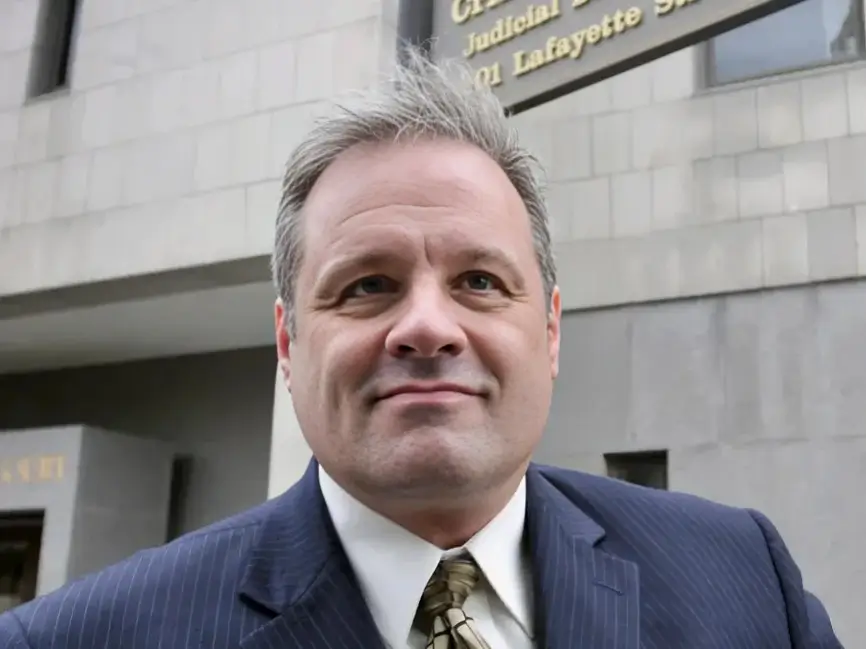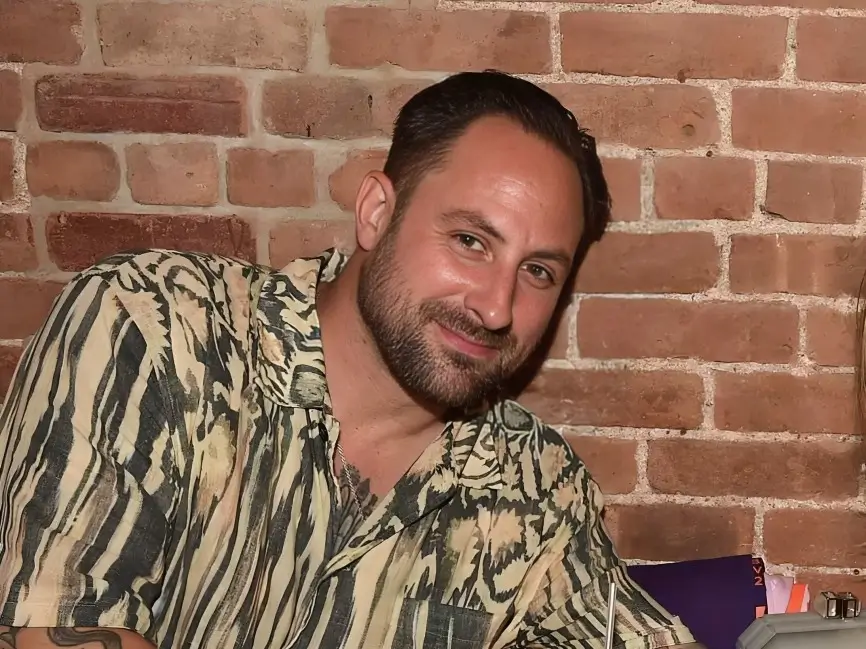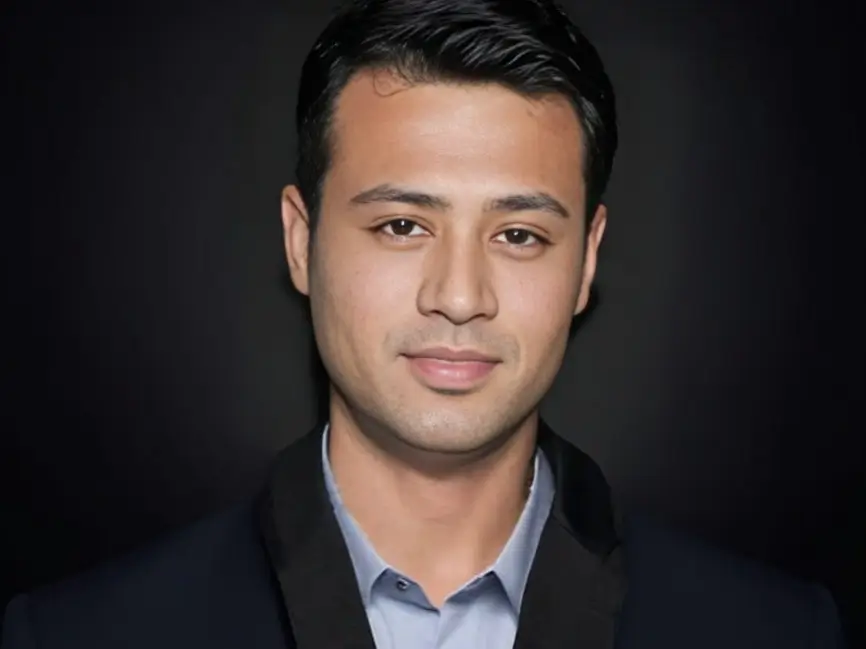Hal Turner: Biography, Age, Spouse, Controversies & Net Worth
Published: July 15, 2024

| Born | March 15, 1962 - Jersey City, New Jersey |
| Age | 62 Years |
| Spouse | Phyllis A. Turner |
Early Life and Background
Harold Charles Turner (Hal Turner) was born in Jersey City, New Jersey, on March 15, 1962. Turner's childhood was suburban and working-class. His mother was a housewife and his father a manufacturing worker. They taught him hard labor, determination, and ferocious independence, which he retained throughout his life. Turner became interested in politics and journalism in high school, where he participated in current events debates. He loved public speaking and politics from an early age.
Turner loved reading about American history, politics, and the Constitution. Early conservative exposure molded his perspective and talk radio career. Turner's blue-collar roots offered him a unique perspective on working-class Americans' challenges and worries, which he often addressed in his broadcasts.
Education and Early Career
Turner attended local schools and showed early interest in political science and public speaking. High school graduate, he attended Bergen Community College and Fairleigh Dickinson University, majoring in political science. He was active in university politics and media activities and had strong ideas. Turner was noted for his clear reasoning and intense confrontations, often opposing his liberal colleagues and instructors.
After graduating, Turner worked in construction and factories before discovering his niche in talk radio. He worked hard to become a controversial and interesting radio host in his early career. Turner gained a loyal following with his provocative views. He started out on local radio stations, honing his skills and developing his unique opinion.
Turner got his break when WBCQ, a shortwave radio station, hired him to reach more people. Listeners loved his uncensored, often explosive political and social criticism, making his show popular. Turner became known as a firebrand radio presenter during this time, attracting both followers and opponents.
Rise to Prominence
Hal Turner became famous in the late 1990s and early 2000s after presenting his own radio show. Turner's show acquired popularity for his radical right-wing views and explosive rhetoric. He was an outspoken government critic and free speech advocate, often straining the limits of public conversation. Turner broadcasts on immigration, national security, and government policy. His candid and often controversial comments resonated with audiences disenfranchised by mainstream media. Turner became a prominent, controversial talk radio personality at this time.
Turner's show on WBCQ and later online addressed difficult topics. He expressed politically incorrect or insulting views. His approach won over dedicated listeners who thought mainstream media was too sanitized and censored. Turner distinguishes himself from other radio hosts by not shying away from sensitive topics.
Turner also started a big online presence. He shared his opinions and interacted with his audience on his website and social media. Turner reached worldwide audiences without media gatekeepers via the internet. His inflammatory content and internet arguments strengthened his media influence.
Controversies and Legal Issues
Controversies and legal concerns have plagued Turner's career. His outspokenness and controversial broadcasts caused several conflicts with government and civil rights groups. Turner faced investigations and legal action for encouraging hate speech and inciting violence. He frequently clashed with the Southern Poverty Law Center and the Anti-Defamation League, which called him a hate speaker.
Turner’s 2009 arrest for threatening three federal judges. In response to gun control rulings, Turner allegedly urged for violence against judges in blog entries. Turner was convicted and sentenced to 33 months in jail despite his First Amendment defense. The case gained Turner national attention and highlighted the narrow line between free speech and incitement to violence.
Turner's legal issues continued after his conviction. Multiple lawsuits and police surveillance plagued him. His radio broadcast and online activity were considered for inciting and illegality. Turner claimed he was exercising his right to free speech and that his inflammatory commentary did not incite violence.
Return to Public Life
Turner returned to public life with a lesser profile after incarceration. He returned to radio and other forums to voice his opinions. Turner retained a core of followers who admired his candid approach to sensitive matters despite court losses and public outrage. Turner has taken a more cautious approach to rebranding himself after prison, maintaining true to his ideals.
Turner exploited digital platforms to reach his fans and bypass media gatekeepers. He rebuilt his brand and engaged with listeners by launching a new website and expanding his social media presence. Turner also found a following for his views on alternative media and podcasts.
Turner continued to provoke controversy with his controversial words and acts despite his legal attempts. He received condemnation from civil rights groups and media watchdogs, but free speech defenders defended his right to speak out. Turner's resilience and adaptability to new media landscapes kept him relevant in political discourse.
Hal Turner Net Worth
According to recent estimations, Hal Turner's net worth is low compared to mainstream media figures. His main sources of revenue are his radio show, web presence, and speaking engagements. Turner has survived his legal battles and problems because to his loyal listeners and online fans. Website advertising, fan donations, and media appearance fees are his revenue sources.
Due to income changes and legal fees, Turner's net worth is hard to calculate. He has managed to live modestly and work in the media without any financial difficulty. Turner's finances are a tribute to his audience's donations and item sales.
Personal Life
Hal Turner often keeps his personal life private. He and Phyllis Turner have children from their long marriage. Turner's family has kept a low profile, giving him a feeling of normalcy during his turbulent public career. Despite his controversial public appearance, Turner's friends say he's a family man who appreciates his solitude and time with his family. This contrasts with his aggressive and contentious persona.
Turner has relied on his family throughout his career. They supported him through his legal issues and public conflicts, providing stability in his working life. Turner often talks about how family grounds him.
Legacy and Impact
Hal Turner's legacy is tense. He is known for challenging public discourse and supporting free speech. Accusations of hate speech and instigating violence have tarnished his career, resulting in legal and social consequences. Turner shaped talk radio and internet media. He inspired a generation of broadcasters to be candid and controversial. Despite many obstacles, his ability to communicate and comprehend his audience's issues and grievances has helped him retain a loyal fanbase.
Turner's career has raised important questions regarding free speech and media responsibility. Discussions about First Amendment constraints and aggressive statements have mentioned his case. Legal academics, media critics, and free speech defenders will certainly argue Turner's legacy.
Current Activities and Future Prospects
Hal Turner still writes about politics in 2024. He still hosts his radio show and interacts with his listeners online. Turner will likely remain in the media, campaigning for his beliefs and questioning traditional narratives. Turner's perseverance and adaptability imply he will stay relevant and important in the future despite his career's difficulties. His ability to traverse current media and connect with his audience will determine his longevity.
Turner hopes to enhance his online presence and try podcasts and video streaming. He may write a book about free speech and media censorship. Turner's dedication to his principles and flexibility to adapt to the media predict he will remain a prominent political commentator.
Conclusion
Hal Turner's biography shows the difficulties of becoming a contentious public person. Turner pursued his ideals and challenged authority from his childhood in New Jersey to his emergence as a provocative radio personality. While controversial, his legacy shows the power of free speech and media in altering public opinion. Hal Turner is a major and divisive presence in American talk radio as he navigates the changing media landscape. His experience illustrates the tricky balance between free expression and its responsibilities.









